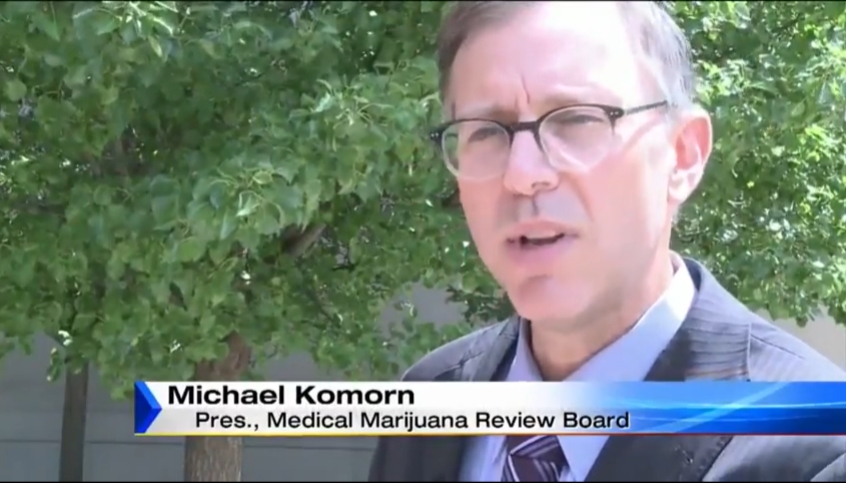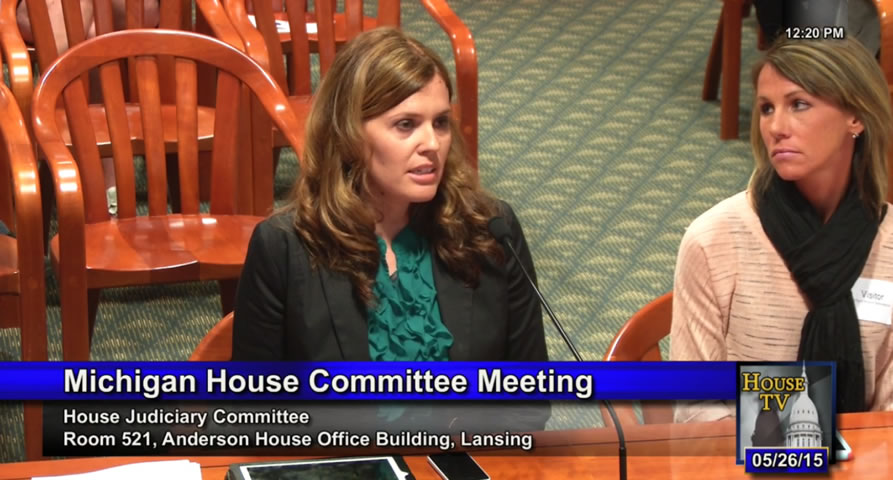Redefining Impairment: Beyond THC Levels in Roadside Testing
In recent developments that promise to reshape our understanding of cannabis use and road safety, a federal government report has cast significant doubt on the efficacy of using THC levels as a benchmark for driver impairment. This revelation comes at a crucial juncture in the evolving discourse around cannabis, challenging long-held assumptions and urging a reevaluation of legal and scientific standards.
The Federal Perspective on THC and Impairment
The crux of the debate centers on the assertion by a researcher from the Justice Department, which signals a pivotal shift in federal stance. The department acknowledges the discrepancies between THC levels in the bloodstream and the actual impairment of an individual, especially among regular cannabis users.
This admission underlines a growing consensus that the current metrics for evaluating cannabis impairment might not only be flawed but fundamentally misaligned with the realities of consumption and its effects on the human body.
Frances Scott, a DOJ physical scientist, highlighted in a recent podcast that research funded by the federal government conclusively shows that THC concentration is not well-correlated with impairment for driving.
This insight is supported by studies indicating that chronic and infrequent marijuana users metabolize THC differently, complicating the establishment of a universal impairment threshold based on THC concentration alone.
The Scientific Challenge of THC Impairment Testing
The scientific community has long grappled with the complexities of THC impairment testing. Unlike alcohol, where a .08 blood alcohol content level can serve as a clear marker for impairment, THC’s effects are not as straightforwardly quantifiable.
This complexity is reflected in studies such as those by Hound Labs (2022) and research by Sewell (2019), which explore alternative testing methods and question the correlation between THC blood levels and crash risk, respectively.
This divergence from a simple, numerical standard for impairment necessitates a broader exploration of impairment testing methods.
The Department of Justice, while continuing to research a marijuana breathalyzer, is also exploring alternatives like saliva swabs and assessments of eye functioning, aiming to devise a more accurate measure of impairment.
The Path Forward: Rethinking Impairment Measurement
The acknowledgment of the inadequacy of THC levels as an impairment standard necessitates a reevaluation of how impairment is measured, particularly in the context of driving.
The development of technology like the DRUID app, which assesses impairment through a variety of cognitive and motor tasks, represents a step towards creating more objective benchmarks for marijuana impairment.
However, widespread implementation and acceptance of such technologies in law enforcement practices remain in the nascent stages.
Legal and Social Implications
The evolving understanding of THC and impairment has profound legal and social implications. As the federal government and researchers work towards establishing a more nuanced approach to evaluating impairment, there’s a pressing need for legal frameworks that reflect these complexities.
The push for an objective standard for marijuana impairment, as seen in recent legislative efforts, underscores the urgency of this issue.
Furthermore, this shift towards a more evidence-based approach to impairment testing holds the promise of creating a more just and equitable legal system.
By moving away from a one-size-fits-all standard based on THC levels, there’s potential to mitigate the risk of unjustly penalizing individuals, particularly those who use cannabis for medical purposes, based on an arbitrary metric.
Federal Government’s Admission
The federal government’s admission that THC levels do not reliably indicate impairment marks a significant step forward in our understanding of cannabis and its effects on driving safety.
This acknowledgment not only challenges existing paradigms but also opens the door to a more informed and nuanced approach to road safety and law enforcement.
As research continues and new technologies emerge, there’s hope for the development of impairment testing methods that accurately reflect an individual’s ability to drive safely, paving the way for fairer legal standards and safer roads for everyone.
Related Articles
No Results Found
The page you requested could not be found. Try refining your search, or use the navigation above to locate the post.
More Posts

Attorney: Crime labs ‘falsified’ marijuana reports
A Southfield lawyer alleges the Michigan State Police crime labs have “falsified lab reports on marijuana statewide” and he’s asking a judge to dismisses charges lodged...

Hearing in alleged false crime lab marijuana reporting dropped this week
OTTAWA COUNTY, Mich. – The evidentiary hearing originally set for Nov. 5 has been dropped in the case involving a medical marijuana patient charged with a disputed...


“A non-stop political game:” Former MSP Forensic Science director on false marijuana reporting …
DEWITT, Mich. – A former director of Michigan State Police Forensic Science addressed the serious allegations FOX 17 uncovered, which accuse the Attorney General’s...


Michigan’s medical marijuana law circumvented by crime labs’ THC reports, attorney charges
Posted on MLive 10/30/15 OTTAWA COUNTY, MI – An attorney claims prosecutors pressured state police crime labs to change the way THC, the active ingredient in...


Medical-Marijuana Patient Alleges Prosecutors Swayed Crime Lab Drug Tests
Fri, 10/30/2015 - 4:11pm A Michigan medical-marijuana patient claims in court papers that state police crime labs are bending to pressure from prosecutors in analyzing...



Allegations: MSP falsely reporting marijuana, targeting card-carrying patients
SPRING LAKE, Mich. – The defense representing a Spring Lake father facing a felony marijuana charge is accusing Michigan State Police Forensic Science Division crime...


When Being Hated…Is Revered
By Attorney Michael Komorn " Lieutenant, this lawyer is a pain in the ass, I can't stand him, I really hate him" This was my client's observation of the...


Lawyer slams decision to deny cannabis to autistic kids
"Allowing medical marijuana for those with autism was supposed to be the clinical trial," Komorn said. "Instead, we're going to have criminal trials." Lawyer...


Father fighting to use medical marijuana concentrates
April 23, 2015 - In Western Michigan yet another Michigan Medical Marijuana patient is fighting for his freedom in a system of confusing laws. He is also...


Prosecutors drop marijuana charges against Michigan mom
Aug 5, 2015 - After a year long battle, Michigan Attorney Michael Komorn and his staff have chalked up another positive conclusion for a client caught up in the...









